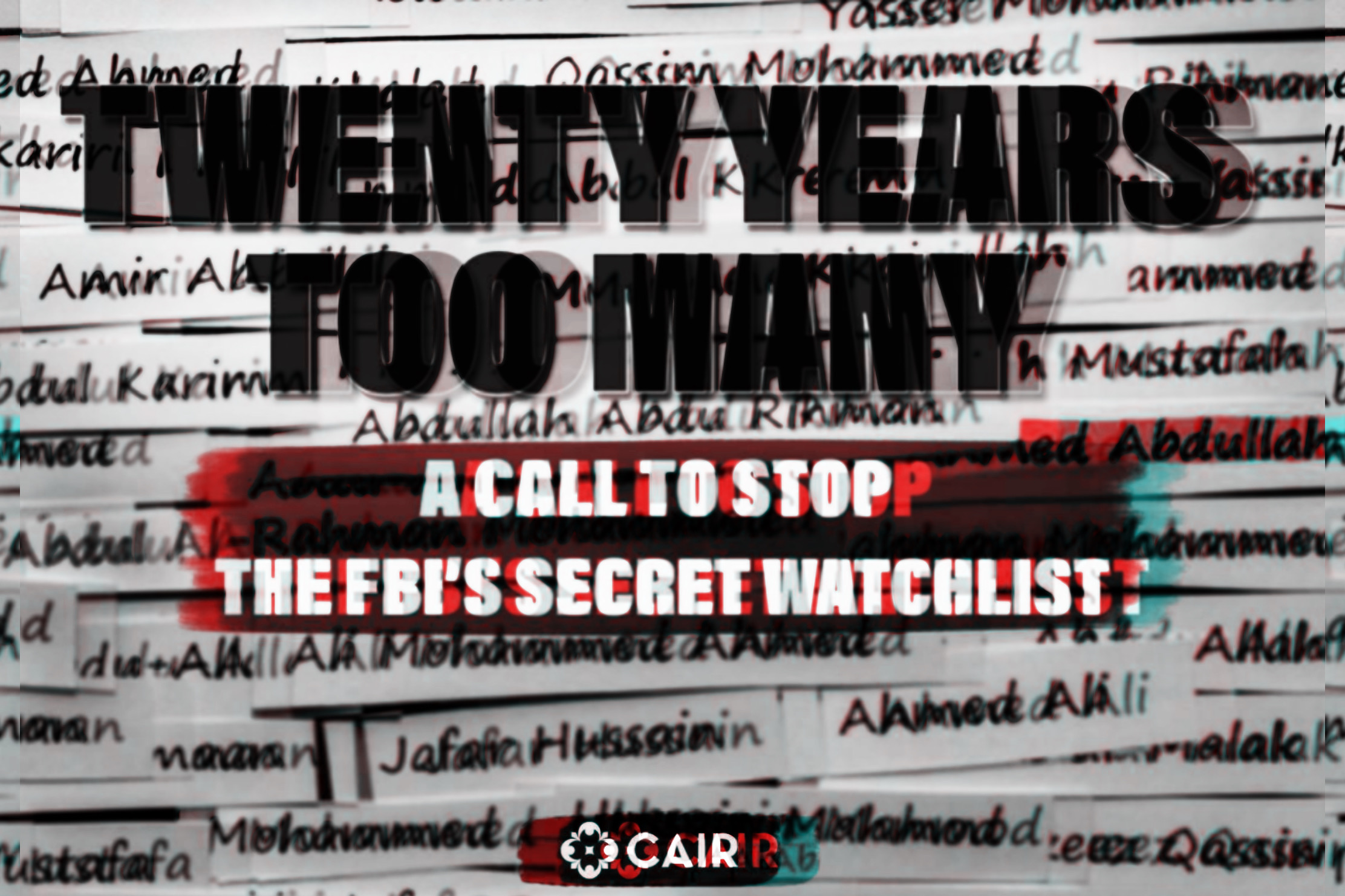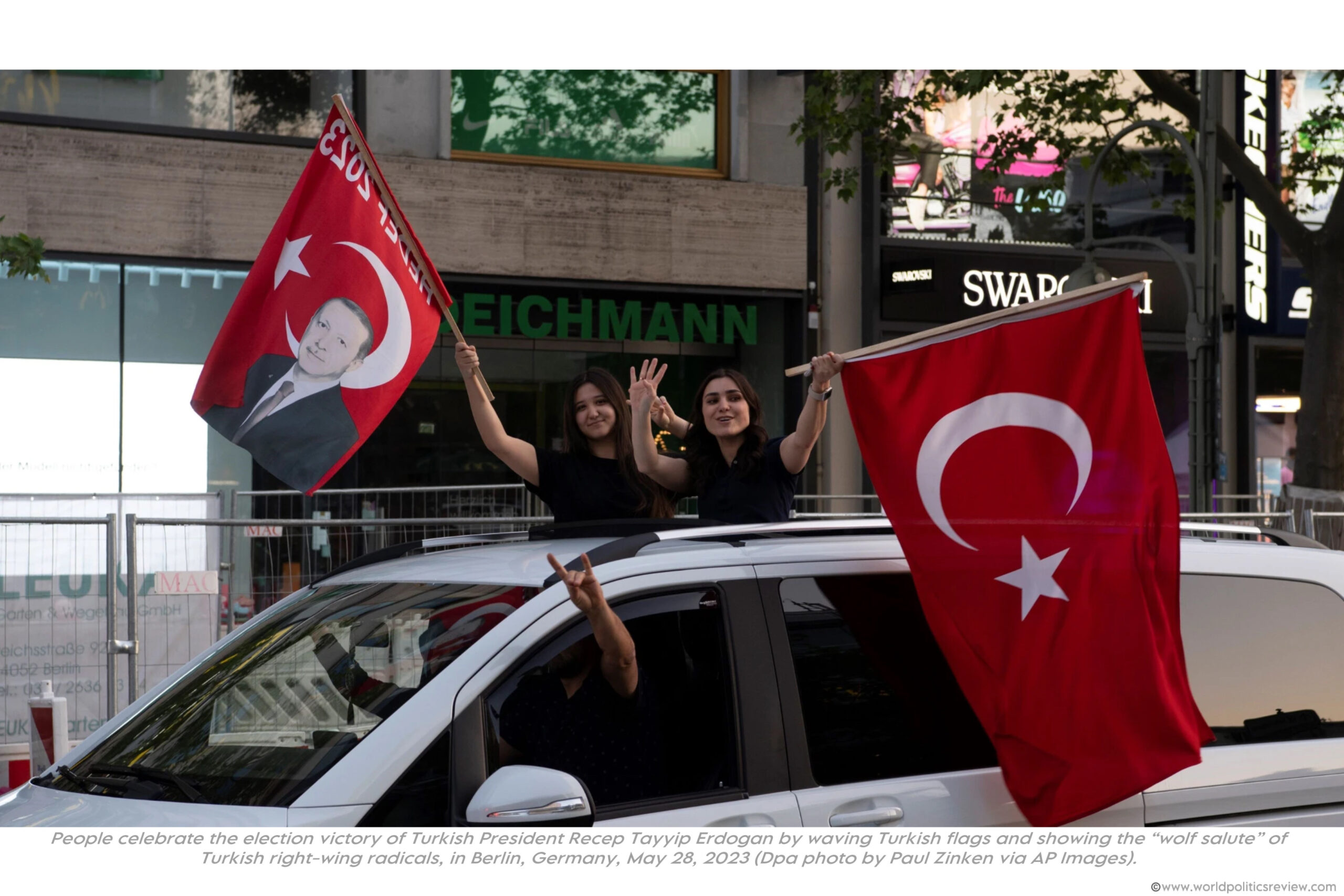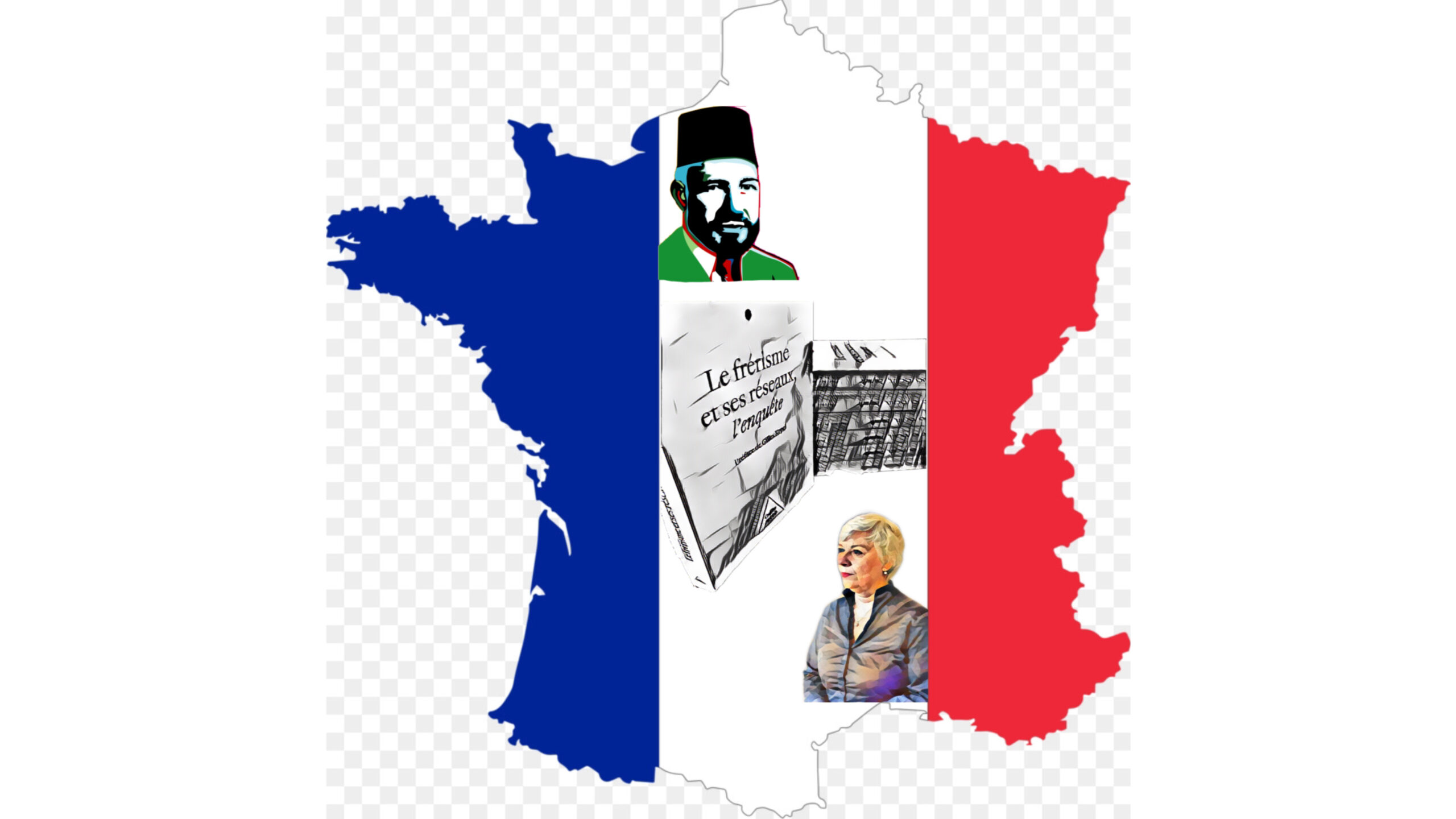In cities all over Europe, mayors are fretting about the coming religious festivities. No, not just Christmas lights. They want to ensure hygiene and order in the slaughter of sheep for the feast of Eid al-Adha on December 8th. This remembers the readiness of Abraham—the patriarch revered by all three monotheistic faiths—to sacrifice his son. Muslims often sacrifice a lamb, whose meat is shared with family members and the poor.
In the Brussels suburb of Molenbeek, where the dominant culture is that of Morocco, a circular from the district authorities reminds residents not to kill animals at home. It invites them to a “temporary abattoir” that will function for 48 hours in a council garage. Molenbeek is one of four areas of Brussels which have set up makeshift slaughterhouses, each with a capacity of at least 500 sheep. In practice, home killing is hard to stop, despite vows by the city authorities to prosecute offenders.
In places like Molenbeek, a few miles away from the European Union’s main institutions, talk of the continent’s transformation into Eurabia doesn’t sound absurd. Although Muslims make up less than 4% of the EU’s total population, their concentration in urban areas is altering the scene in some European cities.
In some of these places bad relations between Muslims, non-Muslims and the authorities are creating political opportunities for the far right. In east London, for example, arguments are raging over plans for a “mega-mosque” near the site of the 2012 Olympics. In rough parts of northern Paris, there are fights between Muslims and Jews. In Italian cities, where Muslims are numerous but not many can vote, Catholics and secularists have united to stop the erection of mosques.
Full-text article continues here. (Some news sites may require registration)






